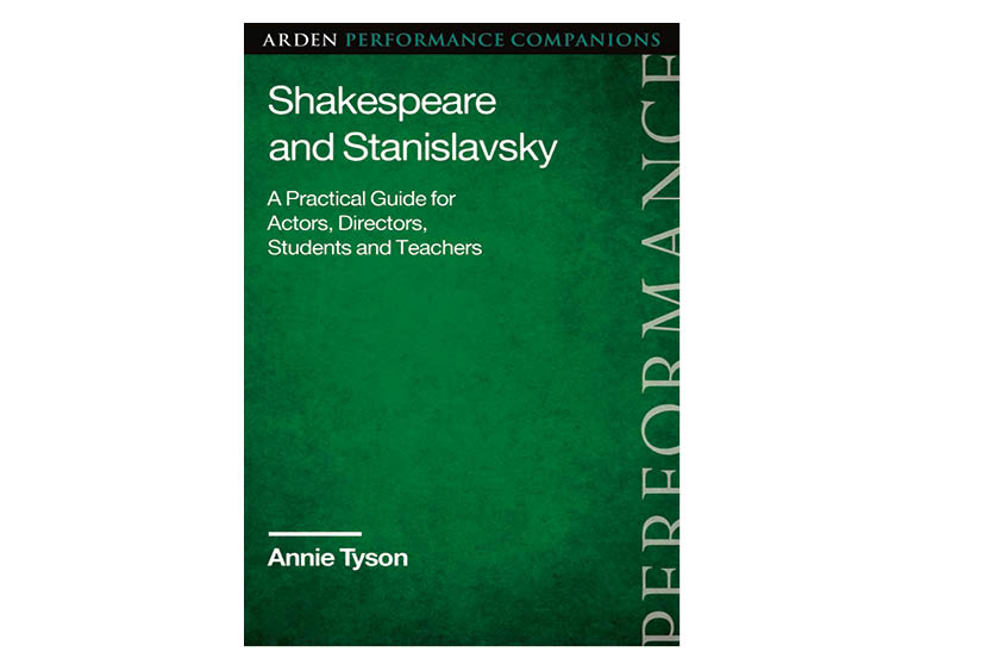An accessible and practical introduction into ways in which Stanislavskian method can be applied to Shakespeare.

Subtitled ‘A practical guide for actors, directors, students and teachers,’ Annie Tyson's welcome book does exactly what it claims. It dispels the old myth that the Stanislavskian method cannot be applied to Shakespeare and demonstrates that all the acting choices in the plays of Shakespeare relate to action and character, exactly as they would in plays by other playwrights.
Anyone who has to teach Stanislavsky as a practitioner while also helping students to study Shakespeare, whether from an English or theatre studies perspective, will find plenty of useful information, ideas and activities here. Shakespeare and Stanislavsky should not be categorised as irreconcilable forces. Taken together, these two men probably influenced drama development more that anyone else in the history of theatre. Of course there can – and should – be cross-fertilisation.
Register now to continue reading
Register to the Drama & Theatre website today and gain access to all the latest news and developments from the world of drama education.
By registering you will receive:
-
Free access to 4 subscriber-only articles per month
-
Unlimited access to news and opinion on our website
Already have an account? Sign in here
